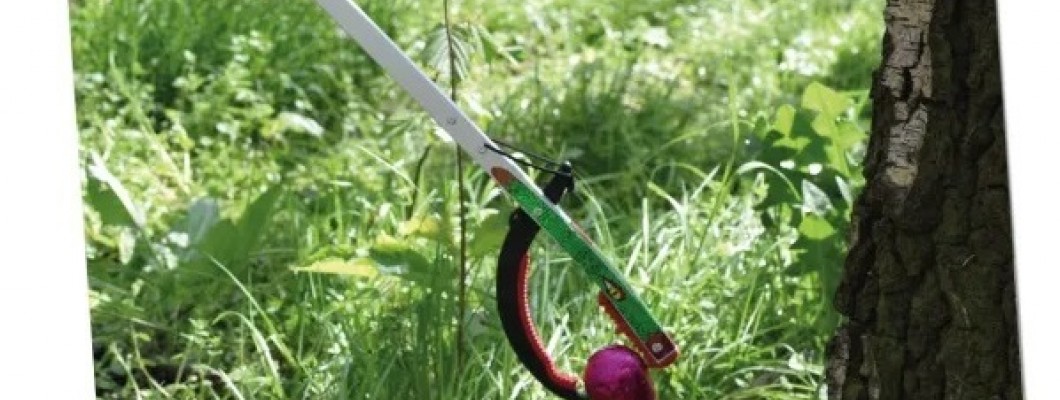
Litter on school grounds devalues educational spaces and often
causes complaints from the public, parents, teachers, or pupils. No one
likes there to be litter on the ground. When it is often there it becomes overlooked
by some and is an excuse to litter for others.
Starting a school litter picking group or incentive is a great way to
combat this. Aim to increase pupils litter literacy and motivate the student
body to change their collective behaviour creating noticeable results. It’s not just about tidying up. When students are aware of the environmental,
societal, and global implications of littering they can contextualise their
actions and the choices that they make, leading them to make more positive
choices. Giving students practical
skills in preventing and managing litter can open their eyes to opportunities
within the circular economy and give them a practical and impactful action to
take in the fight against biodiversity loss & the climate crisis.
Why is Littering a Problem?
Litter looks unsightly, it’s a form of pollution and it can
harm animals, plants & humans. The RSPCA report that tens of thousands of
animals are killed each year from littering. Animals can be poisoned by or choke
on litter, they can be trapped inside plastic bags, bottles, or cans, strangled
by multipack can tops or cut on broken glass or metal. Food
waste attracts vermin which can cause risks to health. Any plastic items will slowly break down
into microplastics which are currently impossible to collect and are causing
widespread damage, particularly in the sea where they often end up.
Is Littering a Crime?
Yes! Throwing, dropping, or depositing litter in any open
space (including private land) is a crime. You can be fined £150 for littering via a fixed penalty charge which includes dropping chewing gum, cigarette butts or food waste. If you are prosecuted in court the fine can be as much as £2500. More than 2 million pieces of litter are dropped in the UK every day
with a cost to taxpayers of over £1 billion a year.
What Can We Do to Reduce Litter?
Environmental problems can seem insurmountable, but change starts with education. Firstly, it’s important for students to take control of their own actions. It starts with taking simple steps such as having a bag to take rubbish home in if there are no bins available. Teaching the benefits of Refuse – Reuse – Recycle will empowering students to make better choices. It’s an effective way to turn the tide on rubbish and to help protect our shared environment.
How to Engage Pupils with Litter Picking
You could organise a school assembly on littering. Sometimes kids won’t have thought about it,
so you can talk about what littering is. Being interactive here is going to help
engagement. The Love Suffolk Hate Litter
Campaign suggest having several pictures of litter, including typical rubbish
such as empty bottles but also things like a sandwich & a pencil and asking
the children to thumb up or thumb down what they would describe as litter. This gets them thinking and opens a
discussion on what causes litter. In essence litter is something left in a space
that shouldn’t be there. From here you can take the discussion onto the
problems caused by litter, showing age-appropriate photos and explaining about
risks to eco systems and to human health.
Finish by inspiring them with
the changes that they can make in their own lives and the contribution that
they can make by joining a litter pick.
Follow up by talking to pupils in class about how they feel
about litter. Ask them how litter makes
them feel, talk about the problems that it causes and whether they perceive a
problem with litter at school or in the local area.
Lots of young people now suffer from eco anxiety. Education
on environmental issues must include providing practical steps to take. It’s important
to remain optimistic!
Make a litter pick a special treat. For example, allowing only
two pupils from each class to do it each day can create an appetite to get
involved. This is particularly great for
younger children who will enjoy using the tools and working together.
Running a School Litter Pick
Undertake a risk assessment before you start. Check the area to make sure there is nothing dangerous
before starting.
Make sure that you have all the equipment that you
need. This includes:
High Vis jackets
Gloves
Litter pickers – Small size pickers such as the Kids Graptor
made by the Helping Hand Company are ideal for small hands.
Bag Opening hoops (these hold the bags open and make it
easier & safer to put rubbish inside)
Explain to the kids how to keep themselves safe by always
wearing gloves, never picking anything up in their hands, not touching their
faces with the gloves & alerting an adult if they find anything large, sharp,
or animal faeces.
Make it fun for the pupils by calling it a ‘Litter Hunt’ and
encourage them to look in unusual places (safely!) such as behind and under
things. If the children are older, they could create a
list of the litter found which could be turned into a graph later, you could
also weigh the rubbish and look at the data over time. Having this data is also great if you want to
contact your local newspaper or to be included in the school newsletter. Getting some publicity can be great for
student morale and spreads the word to the larger community.
Join an Anti-Littering Campaign
One way to fire up enthusiasm is to get involved with one of
the large campaigns combating littering.
The GreatBig School Clean runs every year it’s organised by Keep Britain Tidy, ending in early
April. The aim is to get every student in the UK to collect one bag of rubbish.
There are prizes to be won and resources to help with the set up.
The Litter Less Campaign
is an effective international incentive that has engaged 4.6 million students
from 35 countries so far. They have
great resources and the opportunity to be listed as an Eco-School. It’s a broad campaign asking students to
evaluate waste throughout the school, ideal for motivated students.
TheGreen Flag Award in Scotland is another broad campaign which has received a
great level of support across the country.
There are useful resources and fun suggestions for engaging pupils in
litter picking.
Local Councils & charities often organise events to
support & encourage litter picking. Many councils have resource packs packed
full of advice, risk assessment considerations and ideas to engage kids. Look at their websites or ask about opportunities
locally via Facebook Groups or local litter picking groups.
Information & Support
There’s a wealth of support out there for schools who want
to start litter picking. Take a look at some of the litter picking kit available. We’d love to
hear your success stories so do get in touch if you’d like to share yours.



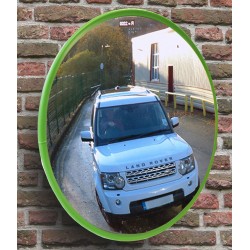
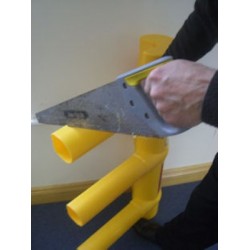





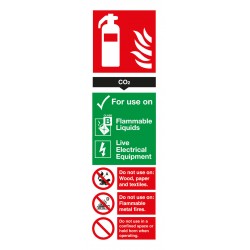
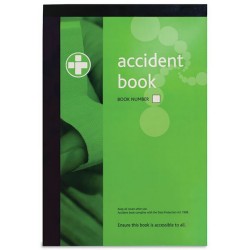
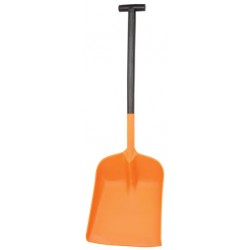
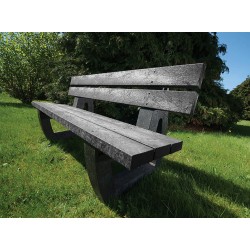

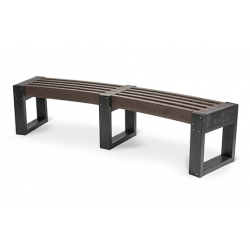
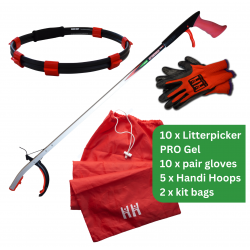
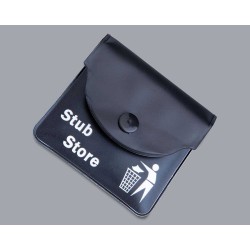
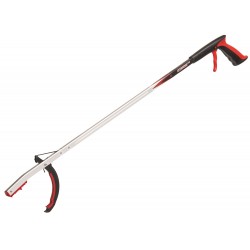
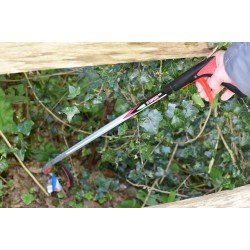
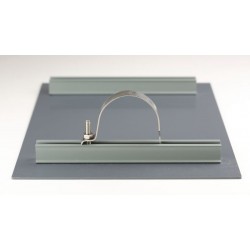


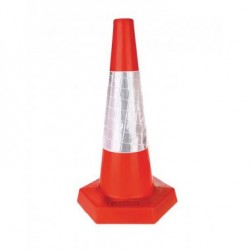
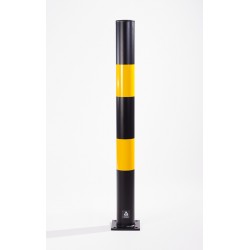
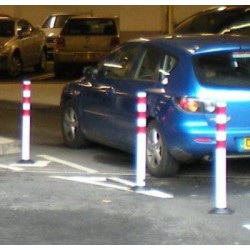
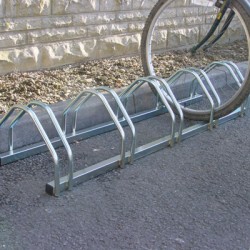
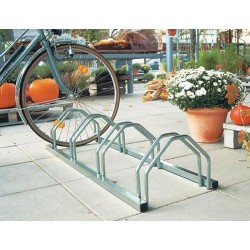
Leave a Comment